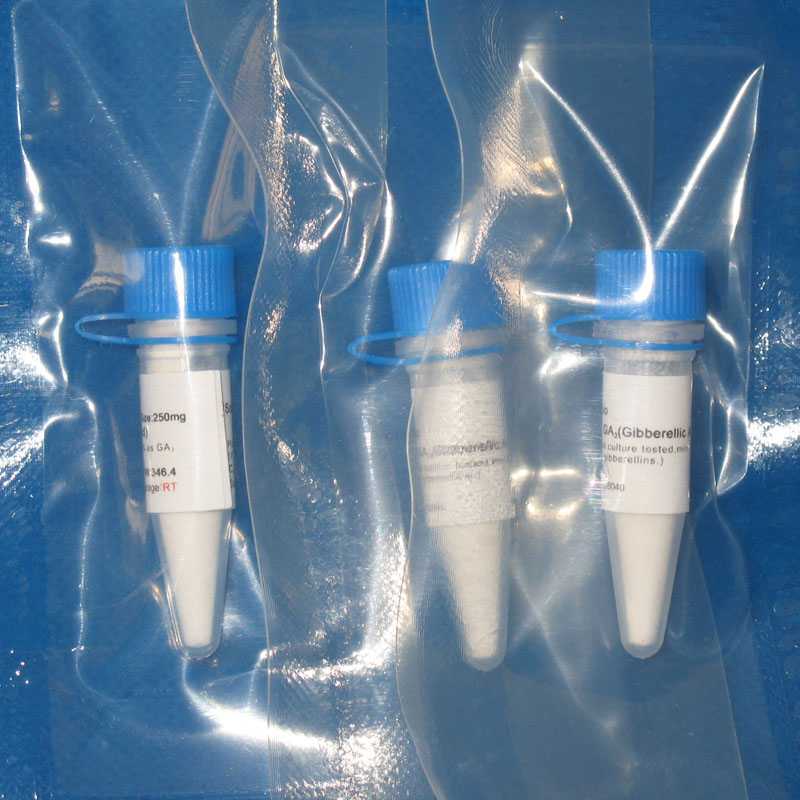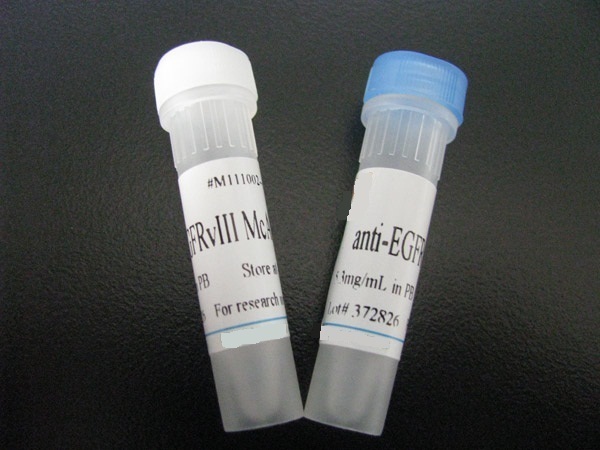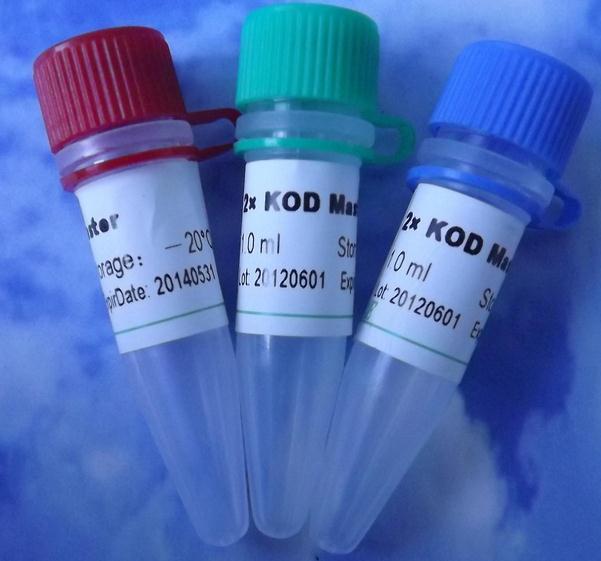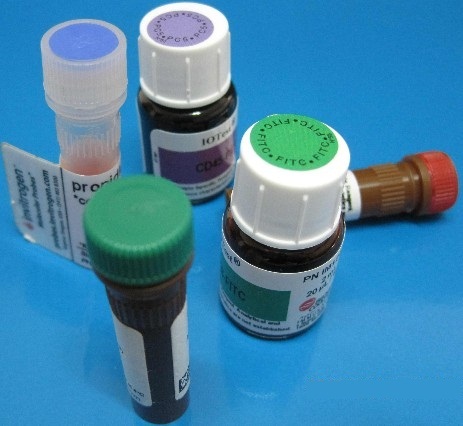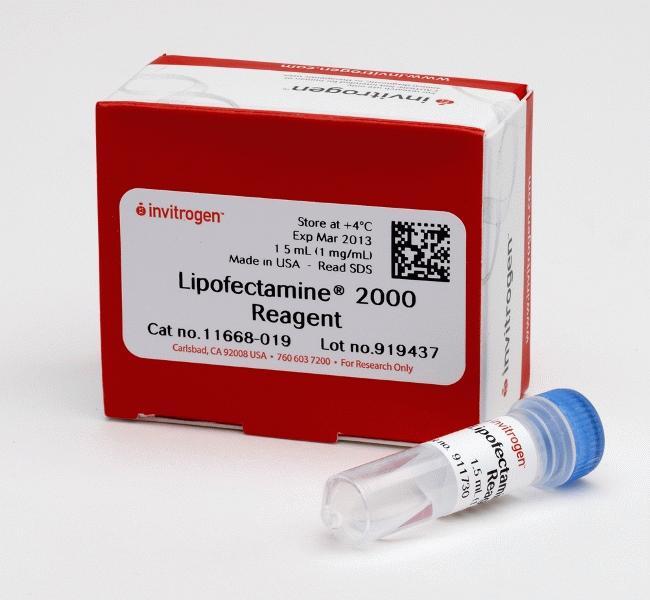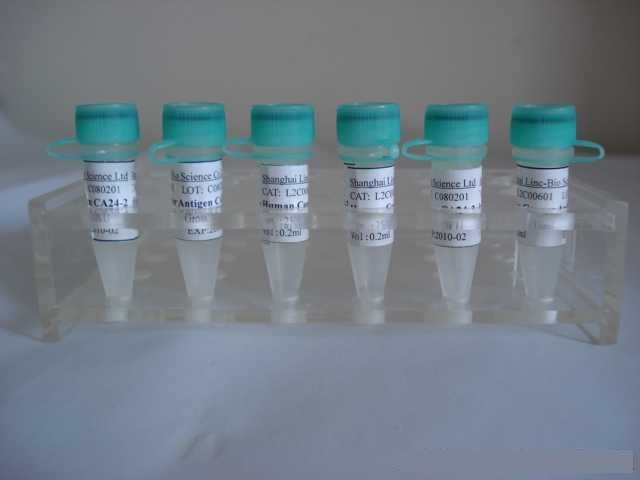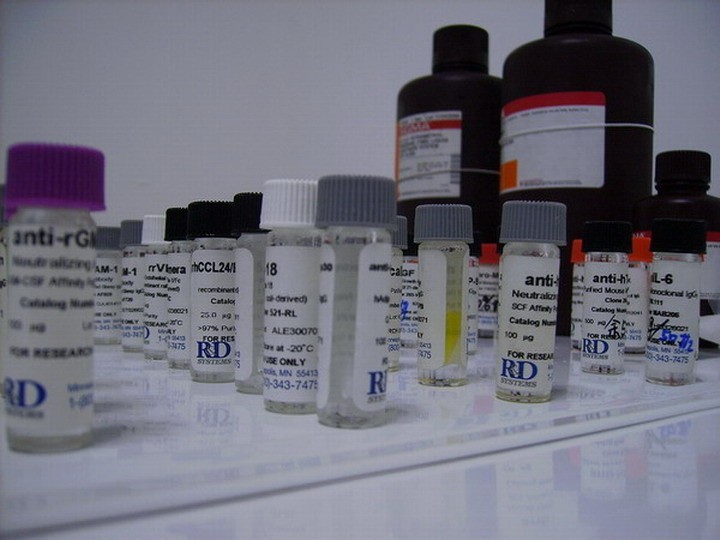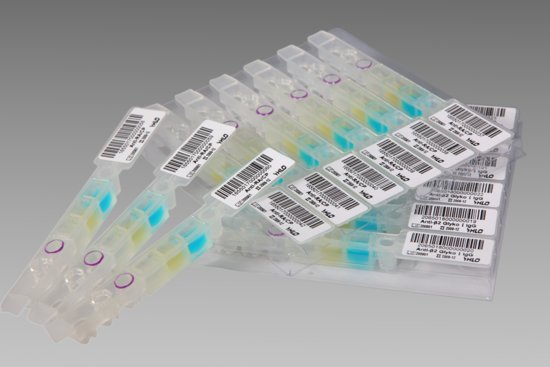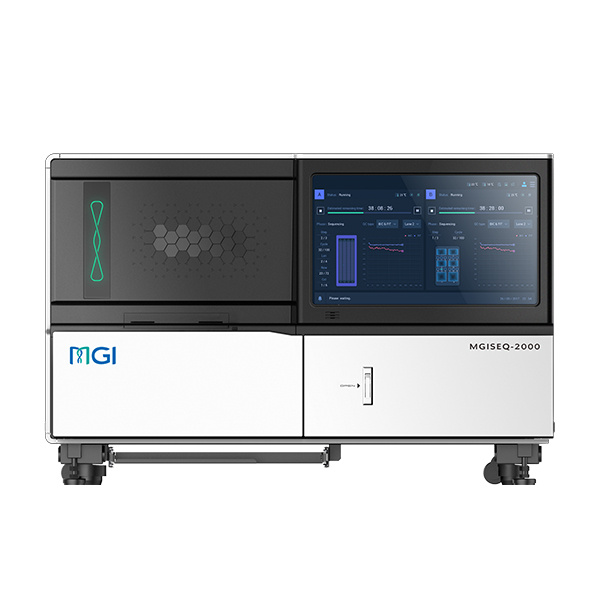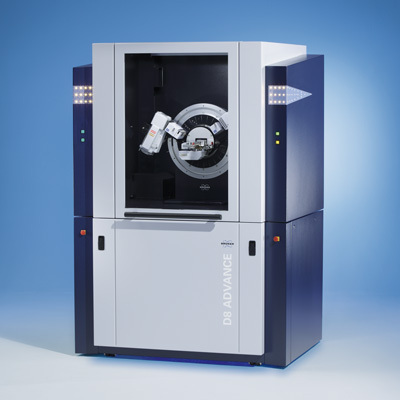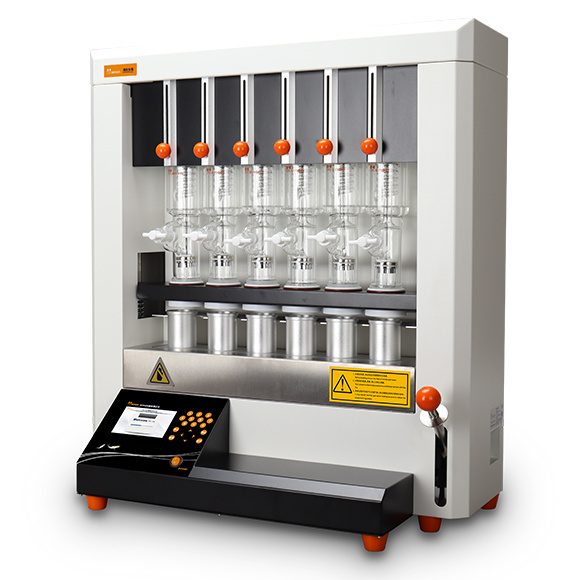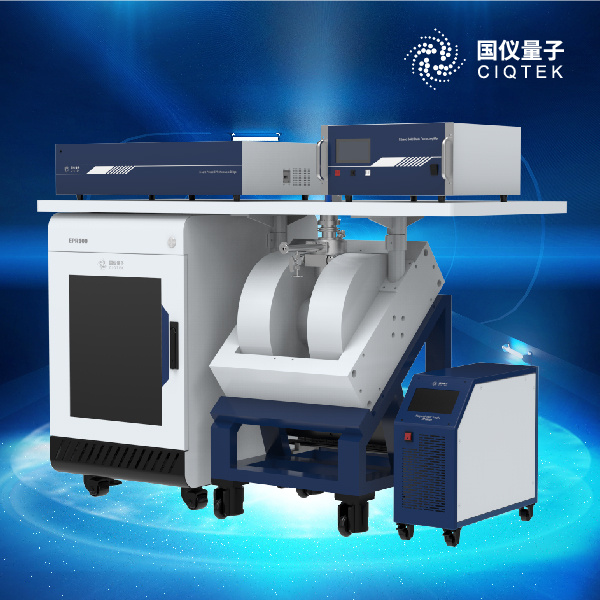浓 度 1mg/1ml
规 格 0.2ml/200μg
抗体来源 Rabbit
克隆类型 polyclonal
交叉反应 Human, Mouse, Rat, Chicken, Dog, Cow, Sheep
产品类型 一抗
研究领域 细胞生物 免疫学 表观遗传学
蛋白分子量 predicted molecular weight: 57kDa
性 状 Lyophilized or Liquid
免 疫 原 KLH conjugated synthetic peptide derived from human DHP/Dihydropyrimidinase
亚 型 IgG
纯化方法 affinity purified by Protein A
储 存 液 Preservative: 15mM Sodium Azide, Constituents: 1% BSA, 0.01M PBS, pH 7.4
产品应用 WB=1:100-500 ELISA=1:500-1000 IP=1:20-100 IHC-P=1:100-500 IHC-F=1:100-500 IF=1:100-500
(石蜡切片需做抗原修复)
not yet tested in other applications.
optimal dilutions/concentrations should be determined by the end user.
二氢嘧啶抗体保存条件 Store at -20 °C for one year. Avoid repeated freeze/thaw cycles. The lyophilized antibody is stable at room temperature for at least one month and for greater than a year when kept at -20°C. When reconstituted in sterile pH 7.4 0.01M PBS or diluent of antibody the antibody is stable for at least two weeks at 2-4 °C.
Important Note This product as supplied is intended for research use only, not for use in human, therapeutic or diagnostic applications.
产品介绍 Catalyzes the second step of the reductive pyrimidine degradation, the reversible hydrolytic ring opening of dihydropyrimidines. Can catalyzes the ring opening of 5,6-dihydrouracil to N-carbamyl-alanine and of 5,6-dihydrothymine to N-carbamyl-amino isobutyrate. Tissue specificity:Liver and kidney. Involvement in disease: Defects in DPYS are the cause of dihydropyrimidinase deficiency (DHPD). DHPD is an autosomal recessive disorder characterized by dihydropyrimidinuria and associated with a variable clinical phenotype: epileptic or convulsive attacks, dysmorphic features and severe developmental delay, and congenital microvillous atrophy.
Function : Catalyzes the second step of the reductive pyrimidine degradation, the reversible hydrolytic ring opening of dihydropyrimidines. Can catalyze the ring opening of 5,6-dihydrouracil to N-carbamyl-alanine and of 5,6-dihydrothymine to N-carbamyl-amino isobutyrate.
Subcellular Location : Homotetramer (Probable).
Tissue Specificity : Liver and kidney.
Post-translational modifications : Carbamylation allows a single lysine to coordinate two zinc ions (By similarity).
DISEASE : Defects in DPYS are the cause of dihydropyrimidinase deficiency (DHPD) [MIM:222748]. DHPD is an autosomal recessive disorder characterized by dihydropyrimidinuria and associated with a variable clinical phenotype: epileptic or convulsive attacks, dysmorphic features and severe developmental delay, and congenital microvillous atrophy.
Similarity : Belongs to the DHOase family. Hydantoinase/dihydropyrimidinase subfamily.
Database links : UniProtKB/Swiss-Prot: Q14117.1
![]()



